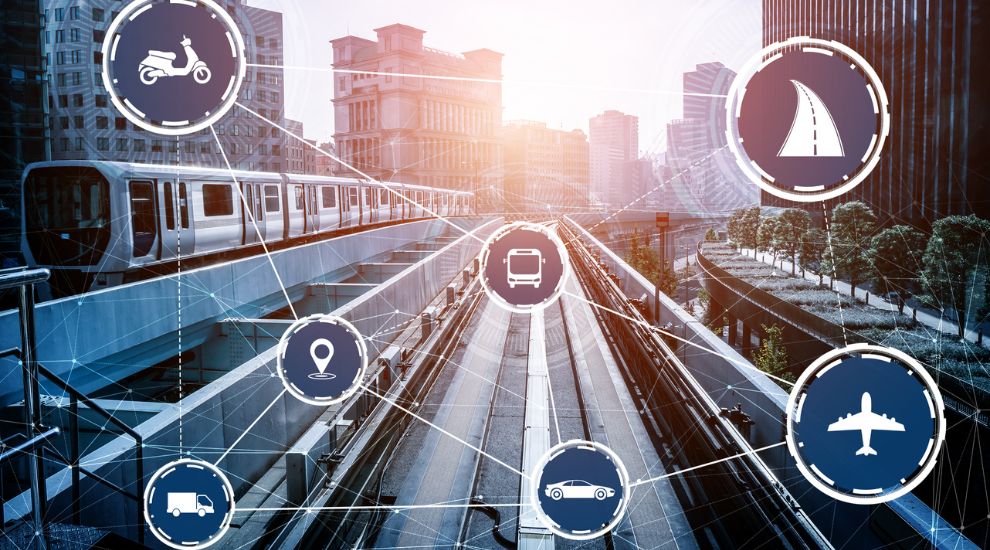Among the many challenges facing the new PM, transport is critical as it intersects with climate, health and economy, each of which is facing pressing challenges. This is a prime opportunity to re-evaluate transport policy such that it delivers essential change. We suggest the following areas of focus.
Strategic investment in infrastructure
Transport is responsible for around 25% of the UK’s carbon emissions. To help meet the UK’s targets for net zero emissions in 2050, consistent infrastructure investment is required to enable the transition to a low carbon transport future. We call for ongoing investment in active travel infrastructure to encourage modal shift, improve health and wellbeing and reduce carbon, a consistent and ongoing programme of rail electrification, investment in charging facilities for electric vehicles and research and development funding for the decarbonisation of lorries and larger vehicles.
Securing revenues from road transport
Transport is the largest contributor to UK greenhouse gas emissions. Consequently, the government is incentivising the shift to electric vehicles (EVs), aiming for all new cars to be zero exhaust emission by 2035. However, fuel and vehicle duties currently raise £30bn annually for the government (3% of all receipts). At some point, the incentives for EVs will need to be reversed so that road use by such vehicles replaces this revenue. We call for a clear strategy on how revenues from vehicle and fuel duties will be replaced with equitable charges that encourage efficient road use, the EV transition and active forms of mobility.
Effective, attractive and affordable public transport
Provision of accessible, efficient and affordable public transport for urban, inter-urban and rural travel can reduce the need for use and ownership of private cars and release road space for active travel. Existing infrastructure can be optimised to provide an integrated and safe cycling/walking/public transport network. Electric buses and electrified rail networks can deliver pleasant and low carbon travel with reduced air pollution. We call for a clear policy on the move to reduce dependency on private car ownership and, provide a safe, resilient, equitable and effective public transport network, accessible to all.
Improving safety
With 2021 provisional statistics showing over 27,000 serious and fatal injuries, road safety must remain a priority. Progress is being made: vehicles are increasingly sophisticated and able to mitigate dangerous situations. Whilst controversial, smart motorways are relatively safe although rural roads remain a concern. Segregation of vulnerable road users from other traffic is improving gradually. Safe behaviour is more difficult for road authorities to influence. We call for continued, cross-departmental innovation in these areas.
Speed Reduction
The remaining pillar of primary safety, speed, is an opportunity. Lower speed increases the opportunity for collision avoidance and greatly reduces the energy available to injure. Other benefits include increased capacity (vehicles operate closer together), reduced noise and fuel consumption. A slower road environment would be more conducive to active travel in urban areas and would deliver substantial carbon savings on motorways. We applaud the Welsh Government stance on 20 mph limits in residential areas, and suggest lower speeds are justified on all roads. An increase in journey time is a disadvantage, but perhaps fast, passenger surface transport should, in future, be the domain of rail. Changing how we assess road performance, prioritising safety and emissions over journey time, could unlock progress.


Recent Comments